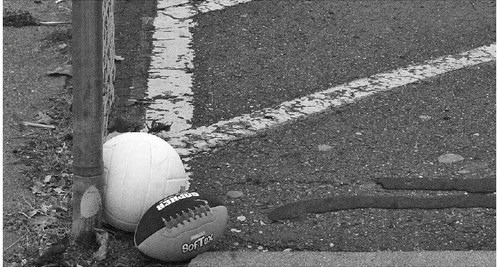Does time heal all wounds?
Often, when people get a cut or a scrape, they don’t think too much about it. Proper care can ensure most wounds, such as minor cuts and scrapes, heal within a few days, and can be handled at home.
However, more serious wounds may require a trip to a primary care physician, who will refer the patient to a wound specialist.
Wounds are injuries that break the skin or other body tissue, and often happen, because of an accident, such as a burns and skin injuries from falls, or the result of surgery and stitches. Wounds/skin breakdown can occur from the body’s inability to return blood and fluid from the lower legs.
Appropriate wound care and treatment are important to avoid serious complications. A wound can turn into serious infections, such as cellulitis or sepsis, without proper care. Skin is a protective barrier against bacteria and other foreign invaders. While it is open, bacteria can enter and multiply, causing an infection.
When it comes to serious wounds, a person should seek medical attention as soon as possible if there is a foreign object (soil, wood, metal or other objects) embedded in the wound; a wound is a result of an animal bite; a wound is a result of a puncture by a dirty object; the wound is infected (pain and soreness, swelling, redness, drainage or fever); and if there are signs of sepsis, such as confusion or disorientation, shortness of breath, high heart rate, fever or shivering, extreme pain or discomfort, or clammy or sweaty skin Wound care involves every stage of wound management. This includes identifying the wound type, considering factors that affect wound healing and the proper treatments for wound management. Once the wound type is identified and all factors are considered, the treatment facility can determine the best treatment options.




